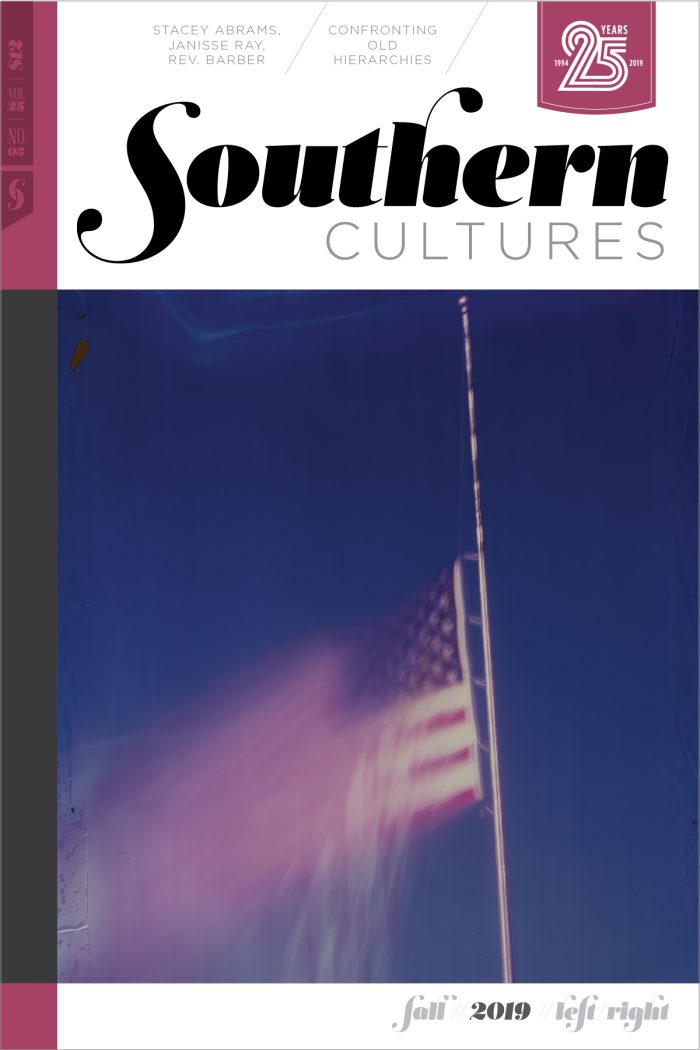1. On Your Deathbed
The flame still arced
inside your brain,
a severing announcement
of you to you—
whatever part remained.
It was the first news you missed,
and as the state assembled in a room
that wasn’t yours
you groaned. Your mind withdrew.
You lived all night,
all flesh, inflamed,
your voice a vent.
Too long to fit
the borrowed bed you limbs
hung off at odd angles.
Nothing fit. Each thought
swelled up like a tongue.
Far off organs ached
like rumors. Nearby,
breathing tangled.
You were lungs
or less, each exhale
stunned by appetite,
each intake stale.
The heat of dying
held you, strained.
in the smallness of yourself—
you who had been
available as land.
No more.
Your brain teemed
for clarity, its half-
remembered map of your body
floating through you like a fever-dream.
Made up of American soil,
your stripped-down body seemed
too much. The lost blood couldn’t reach.
All along the muscled length
of flesh revising thoughts of you,
your extinguished brilliance flared,
your massive, fallible
tenderheartedness was breached.
2. After Death: On the Train and After the Burials
As death perfected you
your body started to collapse.
Your mouth
staved in. Your jaw unlocked
and showed your teeth.
Dust settled in your whiskers
and on your clothes.
Your rattled bones
subsided.
Your organs prolapsed.
Bloodless
beyond the grief
of others and the blood
already soaked into the land
you sent the dead to save,
beyond the bruises the embalmer
preserved beneath your eyes,
beyond the bodies sold
and slaughtered, the bodies
planted in blood, in rape,
you led a nation,
to installments,
to your grave.
In between stops thousands
stood by tracks to see
the train car that contained you
passing by. Decades
later when they dug you up,
your pillow had rotted away
Your hair and whiskers
had fallen off
and “the face,”
the Tribune wrote,
“is very black.”
Unsupported, aghast,
your head tipped backward,
tilting toward a sky
that wasn’t any longer
where it looked.
Your wounds
healed white America
too fast.
(You might have too.)
The last time they
reburied you they placed
your coffin in a cage and sank
the steel cage in cement. What
was left of you was earth
withheld from earth.
Douglass had seen you
clearest: you
seemed tardy, cold, dull,
and indifferent; you were
zealous, radical,
determined, swift.
A man for your times—
said Douglass—
as only someone
of your time
could be.
Not until after
you first slid into
the vault beside your son the news
of slavery’s eradication reached
the slaves in Galveston. Not until
a time that doesn’t yet exist
was the work that you resisted
taking on complete,
though time was done with you.
Your shattered body, stitched
together from disjointed parts
in Western states,
was more immediate than most.
Entombed in land
you once had planned to bar
to all the slaves you finally freed,
its unlikely solemn
seamless beauty grew.
Jonathan Farmer is the author of That Peculiar Affirmative: On the Social Life of Poems and the editor in chief and poetry editor of At Length. He lives in Durham, North Carolina, and teaches middle and high school English.


